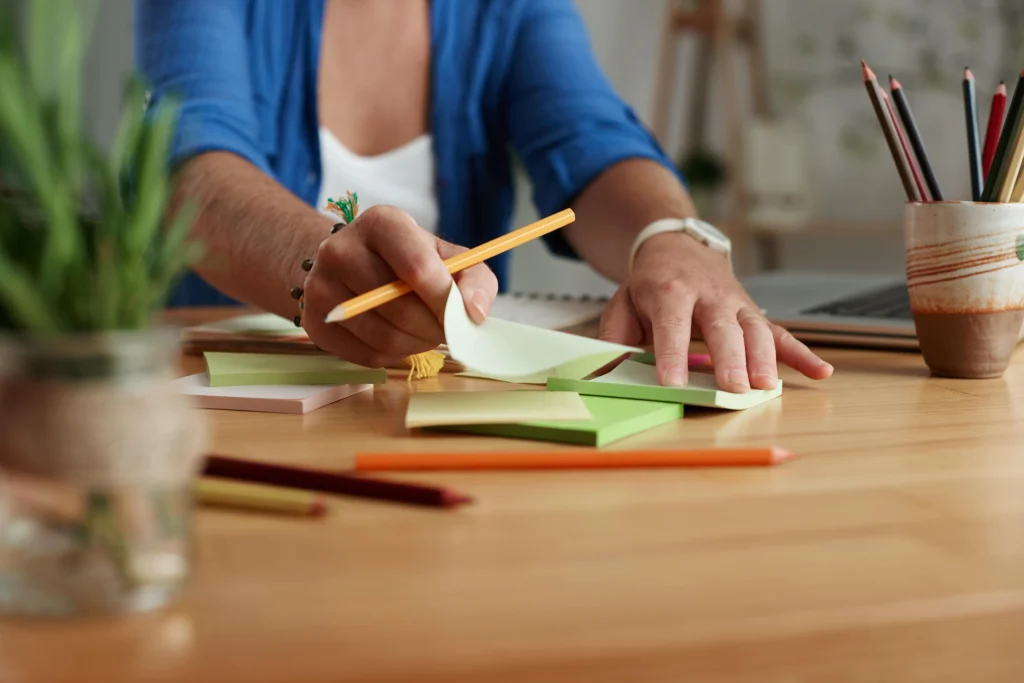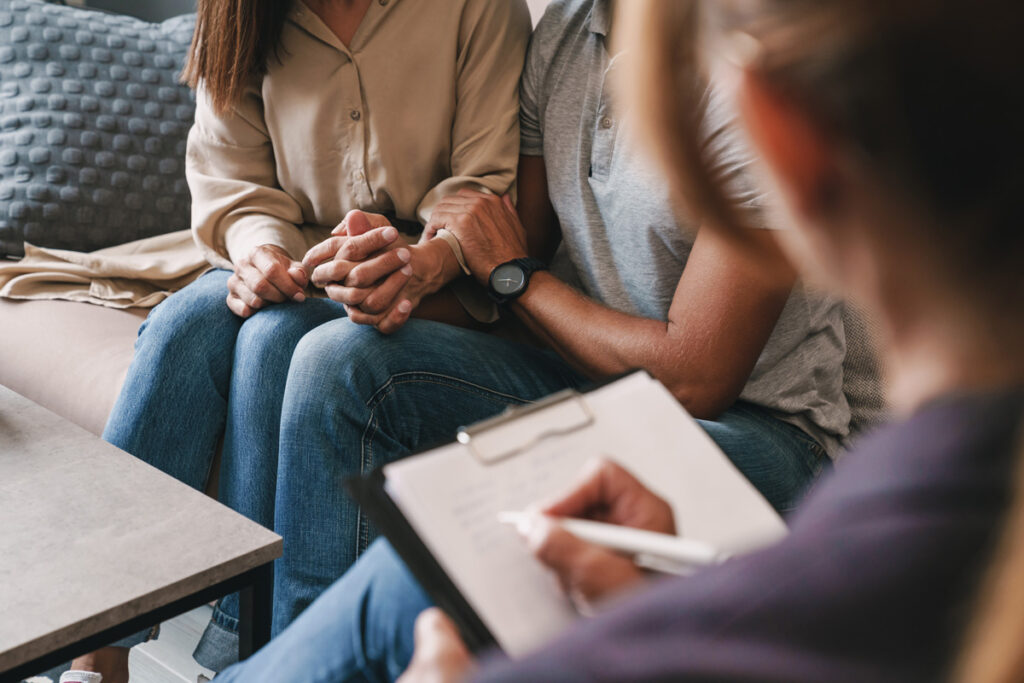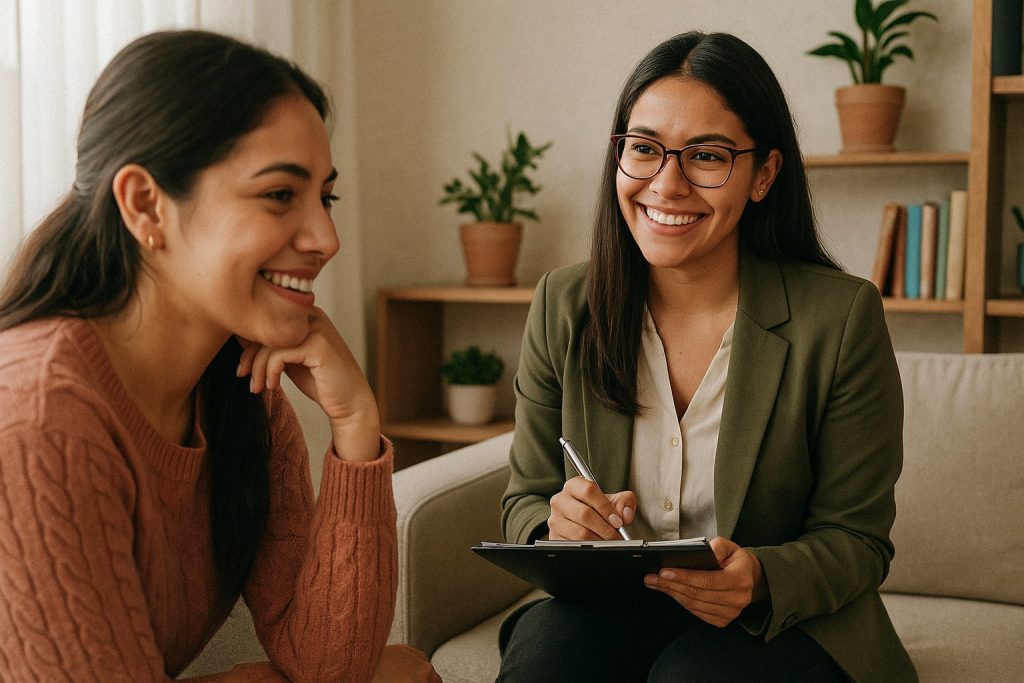More than a holiday, it’s an act of remembrance, love, and healing. Rooted in Indigenous beliefs, this celebration reminds us that death is not the end, instead, it’s a continuation of our connection to those who came before us. Día de los Muertos, or the Day of the Dead, is a celebration that honors our ancestors and loved ones who have passed away. Families create ofrendas (altars) adorned with candles, photos, food, and objects that symbolize their loved ones’ lives. These rituals are not about mourning, they’re about remembering and celebrating. It’s a time to reflect on the legacy, love, and wisdom that continue to live within us.
In mental health, we often speak about grief as a lifelong journey, something we carry, reshape, and integrate into our story. Día de los Muertos invites us to do exactly that: to hold space for sadness and joy, to honor our pain and celebrate the beauty that remains.
A Personal Reflection
Growing up, Día de los Muertos was always a special time for my family. I remember helping my abuelita arrange flores de cempasúchil on the ofrenda, carefully placing photos of loved ones and lighting candles that filled the room with a gentle glow. As an adult, and now as a psychotherapist, I understand the depth of what those moments offered me: a sense of connection, grounding, and healing. This year, I had the honor of placing my abuelito, Margarito Rodríguez Gómez’s photo, on the Latinx Talk Therapy altar, and it was such a significant moment for me. As I placed his photo, I couldn’t help but say to myself, “Lo hicimos.” My abuelito was the first in our family to migrate to the United States. It was because of his migrant journey that I’ve had the opportunity to build a career that I am passionate about. He plays a big role in who I am and my journey as a psychotherapist. Sus cuentos/his stories, once healed me growing up, and now I get to create a safe space for others to share theirs and support their healing. What an honor to place la foto de un migrante Mexicano, in an ofrenda at an office in downtown Chicago. He left his home, his land, and his family in search of a better future. Like many in our comunidad, his story is one of resilience, love, and sacrifice, one that continues to guide me and remind me of the power of our ancestors’ dreams.
The Healing Power of Ritual and Remembrance
From a mental health perspective, rituals like Día de los Muertos help us process loss by giving shape to our emotions.
They allow us to:
- Express love and grief in tangible ways
- Reconnect with memories that bring both tears and laughter
- Feel grounded in community and cultural identity
- Transform loss into meaning and gratitude
In a society that often avoids talking about death, Día de los Muertos offers a culturally rooted way to embrace grief as part of life, something sacred, not shameful. As we gather around the ofrenda, share stories, or visit cemeteries filled with color and music, we are reminded that healing extends beyond the individual. It’s collective, carried in our songs, our food, our prayers, and our laughter. Each candle we light is a testament to resilience, proof that love transcends loss and that our ancestors’ strength continues to live in us.
So this Día de los Muertos, may you take a moment to pause, breathe, and remember. To honor those you’ve lost, and to celebrate the ways they continue to guide you. Because healing, much like Día de los Muertos, is not about letting go, it’s about holding on with love. Whether you build an altar, cook your loved one’s favorite dish, or simply light a candle in their memory, know that you’re engaging in a powerful act of healing. You are keeping their memory alive. You are healing not just for yourself, but for the generations before and after you. At Latinx Talk Therapy, we honor these traditions that help us bridge mental health with cultura, reminding our comunidad that healing is sacred, ancestral, and collective.
By: Marilyn Rodriguez, LCSW






